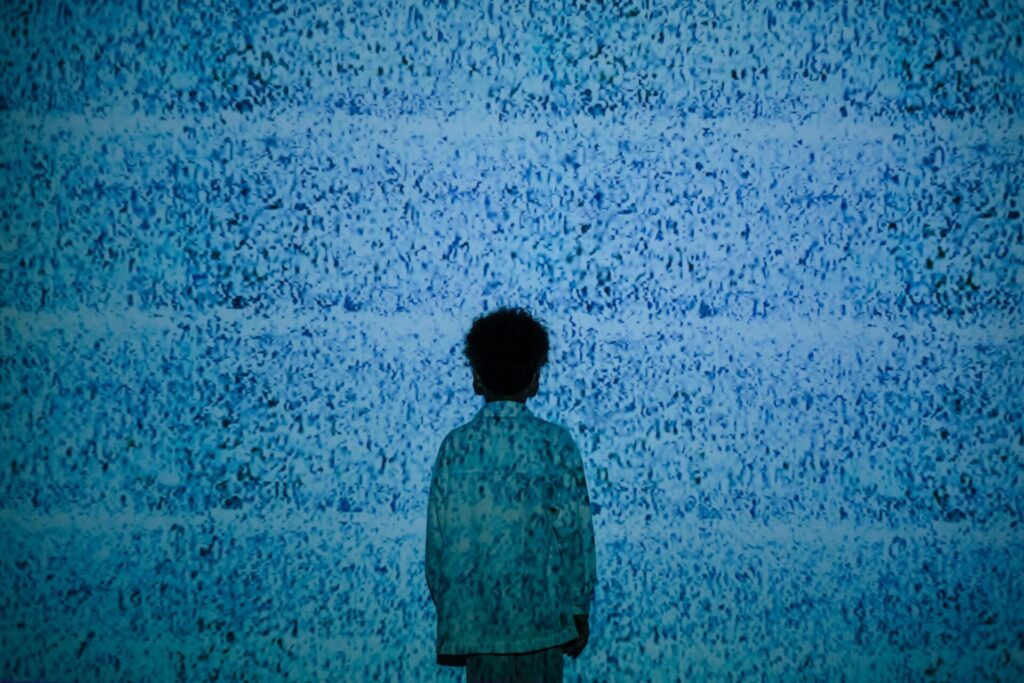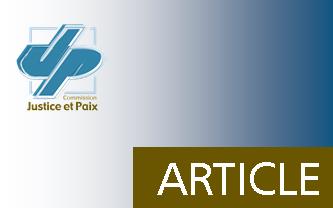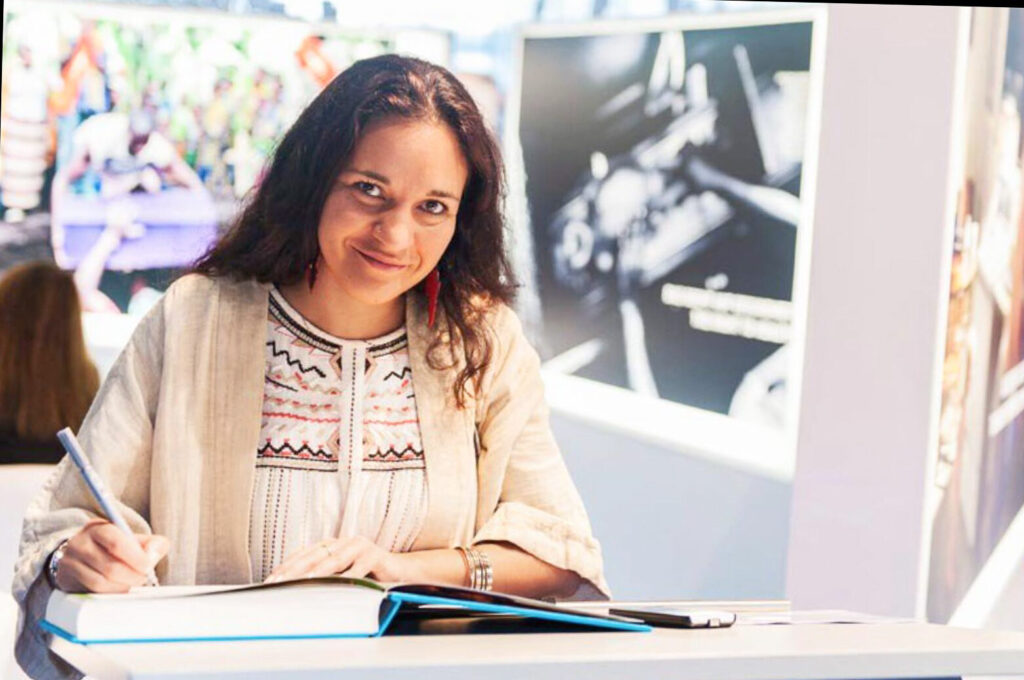In a conflict, different parties oppose each other. After the conflict, memories are torn apart. A plurality of memories is in fact born from each person's experience, from the structure of their personality, from the context, etc. Taking into account this question of memory is fundamental in post-war contexts but is just as important for societies which have not directly experienced a civil or international war for a long time.
A concrete path for working with young people aged 16 and over has been developed by Justice and Peace through its Mémoriaction educational tool. The issues linked to the work of memory make it possible to understand current political and social questions and to decode the functioning of societies, here and elsewhere. In this symbolic year of commemoration of the 14-18 war, it is useful to encourage young people to question the role of memory and to understand the difficulties which sometimes still present themselves generations later... How does memory work? What can memory work be used for and how can it take place?





